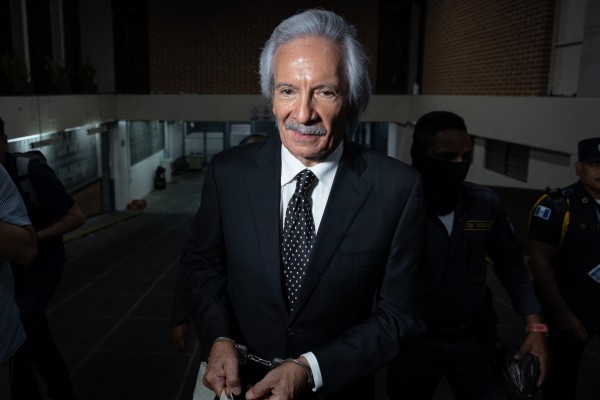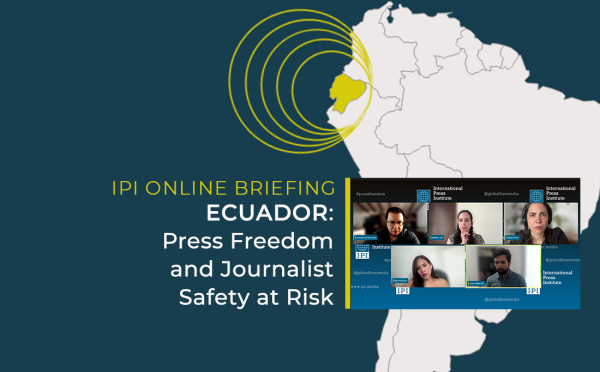The International Press Institute (IPI) today urged Guatemalan authorities to conduct a swift and comprehensive investigation into the killing of journalist Jaime Napoleón Jarquín Duarte on Wednesday, March 22.
According to reports, Jarquín was chatting with three friends in a small store in Ciudad Pedro de Álvaro, in the municipality of Moyuta, along Guatemala’s southern border with El Salvador, when unidentified individuals fired several shots at the group, killing Jarquín. The journalist’s friends, who were wounded, survived the attack.
Jarquín reported for Nuestro Diario, a national newspaper noted for its coverage of violence. He was also affiliated with the Association of Guatemalan Journalists (APG, according to its Spanish acronym), the biggest Guatemalan press organisation.
Police indicated that the attackers remain unidentified and that the motive of the killing is still unknown. At this point, there is no indication that the journalist received threats prior to the shooting.
“IPI extends its condolences to the family and colleagues of Jaime Napoleón Jarquín Duarte,” IPI Deputy Director Anthony Mills said. “We call on Guatemalan authorities to immediately open a comprehensive investigation into his murder and to fully consider the possibility that Jarquín was targeted because of his profession.”
Intimidation of Guatemalan journalists remains a sad reality in a country long scarred by violence, most recently originating from the drug trade.
At the beginning of March, Sofía Menchú, who reports for the Guatemalan daily El Periódico, received threats after she reported about the ties between a prison inmate and the prison’s director, according to media accounts.
Her report covered the alleged privileged treatment of Byron Lima Oliva, a retired army captain serving 20 years in prison for the 1998 assassination of a Catholic bishop.
The assassination of the bishop took place only two days after a panel led by the cleric released a report documenting 55,000 human rights violations during Guatemala’s 1960-1996 civil war, most of them reportedly committed by the army, according to EFE.
Human rights activists continue to live a dangerous life in Guatemala: On 8 March 2013, human rights defender and trade union leader Carlos Antonio Hernández Mendoza was shot dead as he travelled back from Honduras.
Mendoza was a defender of labour and land rights. He was also engaged in protecting the rights of indigenous communities, in particular when these were affected by large construction projects, reports say.


